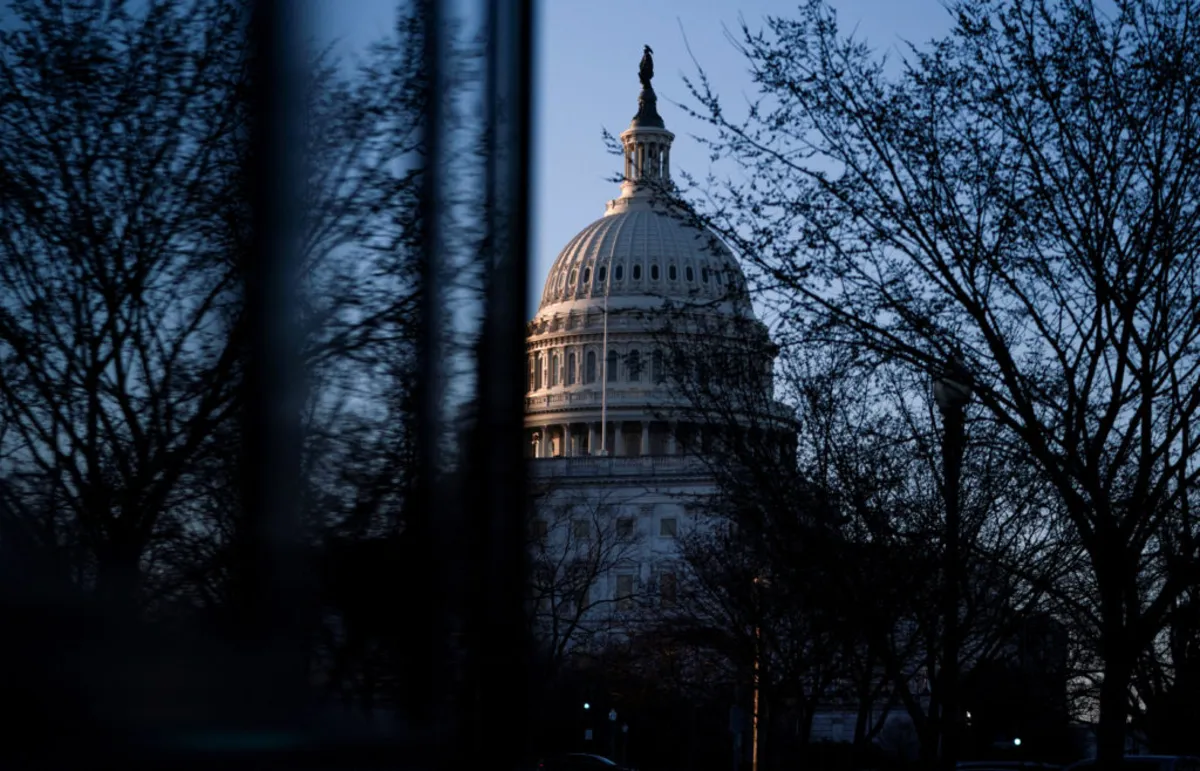
In a significant move to avoid a partial government shutdown, President Donald Trump has officially signed into law a new funding bill that will sustain government operations until the end of September. This legislation concludes a contentious struggle in Congress that notably divided the Democratic Party. Harrison Fields, the White House principal deputy press secretary, announced on social media platform X that Trump signed the continuing resolution on Saturday.
The funding bill, which was passed by the Senate on Friday with a narrow margin of 54-46, largely maintains government spending at the levels established during Joe Biden’s presidency. However, it introduces several modifications, including a reduction of approximately $13 billion in non-defense spending compared to the previous fiscal year. Conversely, the bill also includes a $6 billion increase in defense spending, a relatively minor adjustment given the overall spending framework of nearly $1.7 trillion.
The passage of this legislation was not without controversy. A significant faction within the Senate Democratic caucus opted to support the bill, despite strong opposition from their colleagues in the House. Many Democrats argued that the legislation undermines essential priorities such as health care and housing while granting Trump considerable authority to redirect federal funds. This concern is particularly acute as the Trump administration, along with the Department of Government Efficiency, has been criticized for dismantling congressionally approved agencies and programs at an alarming pace.
Senate Democrats faced a crucial decision on whether to instigate a government shutdown. The prevailing sentiment was that such a shutdown would allow the Trump administration to classify entire agencies and their personnel as non-essential, thereby leading to widespread furloughs without guarantees of reemployment. Senate Democratic leader Chuck Schumer articulated the risks, stating, “A shutdown would permit DOGE to shift into overdrive. Donald Trump and Elon Musk would be free to dismantle vital government services at an accelerated rate.”
Ultimately, the passage of the funding bill in the House earlier that week marked a notable victory for both Trump and House Speaker Mike Johnson. Johnson successfully unified the Republican Party to secure the bill's passage without any backing from Democrats, a feat that has proven challenging in the past. This legislation not only reflects the ongoing partisan divide in Congress but also highlights the complexities of managing federal funding in a politically charged environment.